The discord between Elon Musk and John Oliver can be traced back to a biting monologue by Oliver. In his show, Last Week Tonight with John Oliver, Oliver didn’t hold back in his critique of Musk’s political leanings and social media antics.
Musk, known for his unfiltered presence on social platforms, took notice. His response? A barrage of tweets critiquing Oliver’s comedic style, accusing it of being “weak sauce.” This initial clash set the stage for a feud that resonates with their respective followers.
Musk’s Reaction on Social Media
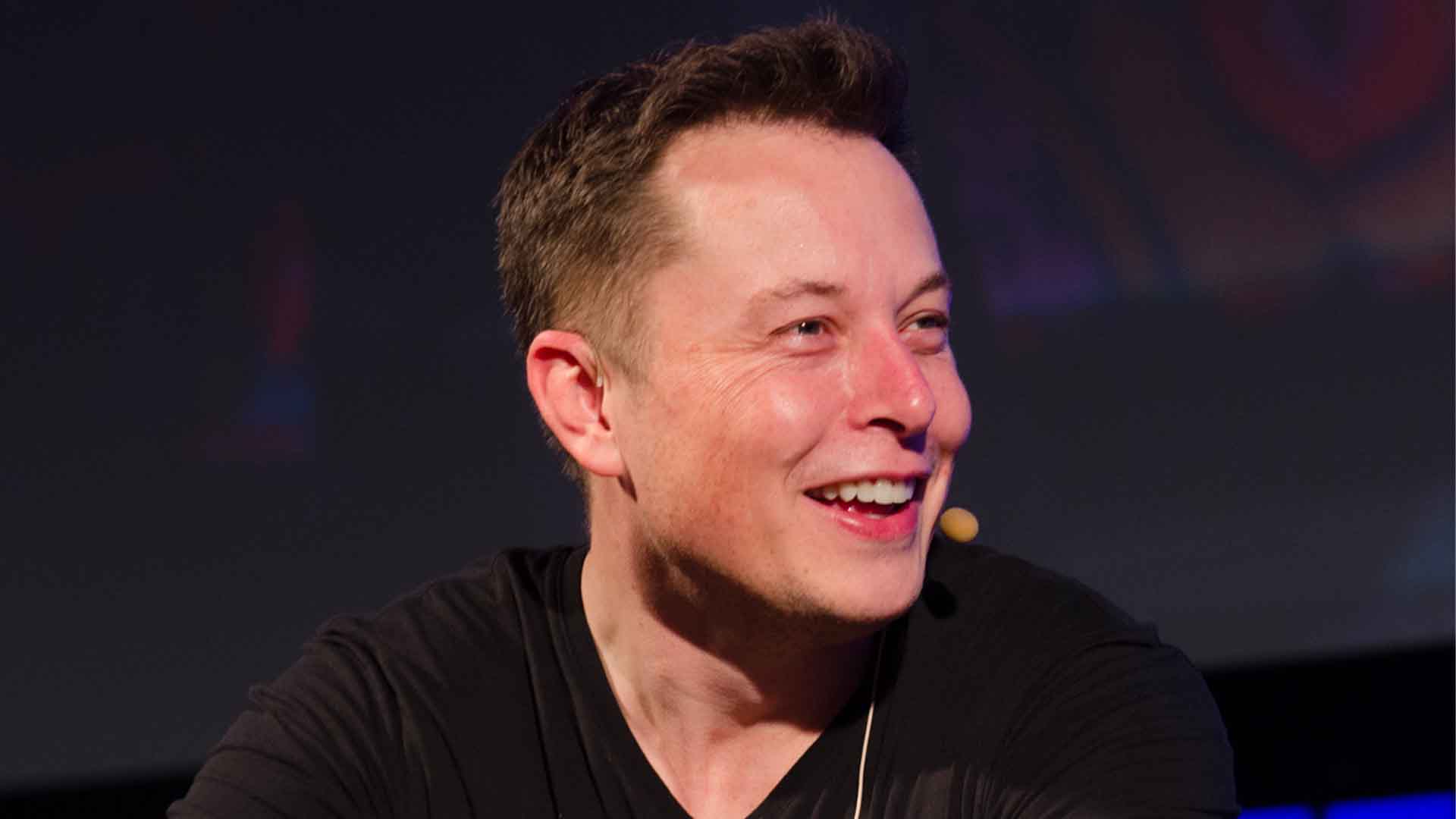
Elon Musk’s reaction was swift and public. Using his platform, X (formerly known as Twitter), Musk didn’t mince words, labeling Oliver’s recent comedy as pandering to “wokeness.”
“It is rather tragic to see an otherwise capable comedian like @iamjohnoliver become weak sauce. The reason he is not very funny these days is because he is too keen to pander to wokeness, which is fundamentally a lie, whereas great humor requires revealed truth,” tweeted Musk.
The Power of Public Opinion

Public opinion plays a crucial role in shaping the narratives of high-profile feuds like that of Musk and Oliver. Both figures wield significant influence online, with Musk’s tweets and Oliver’s show segments sparking widespread discussions.
Their exchanges reflect not just personal viewpoints but also tap into larger societal debates, demonstrating how celebrity opinions can shape public discourse on important issues.
Oliver’s Critique of Musk

John Oliver’s critique of Musk was comprehensive, targeting Musk’s political shift and his controversial social media posts. Oliver, known for his incisive humor, didn’t shy away from calling out what he perceived as inconsistencies and controversies in Musk’s public conduct.
This critique wasn’t just comedy—it was a reflection of the role comedians often play as social commentators, using satire to bring to light and question the actions of public figures.
Musk’s Stance on Wokeness and Humor
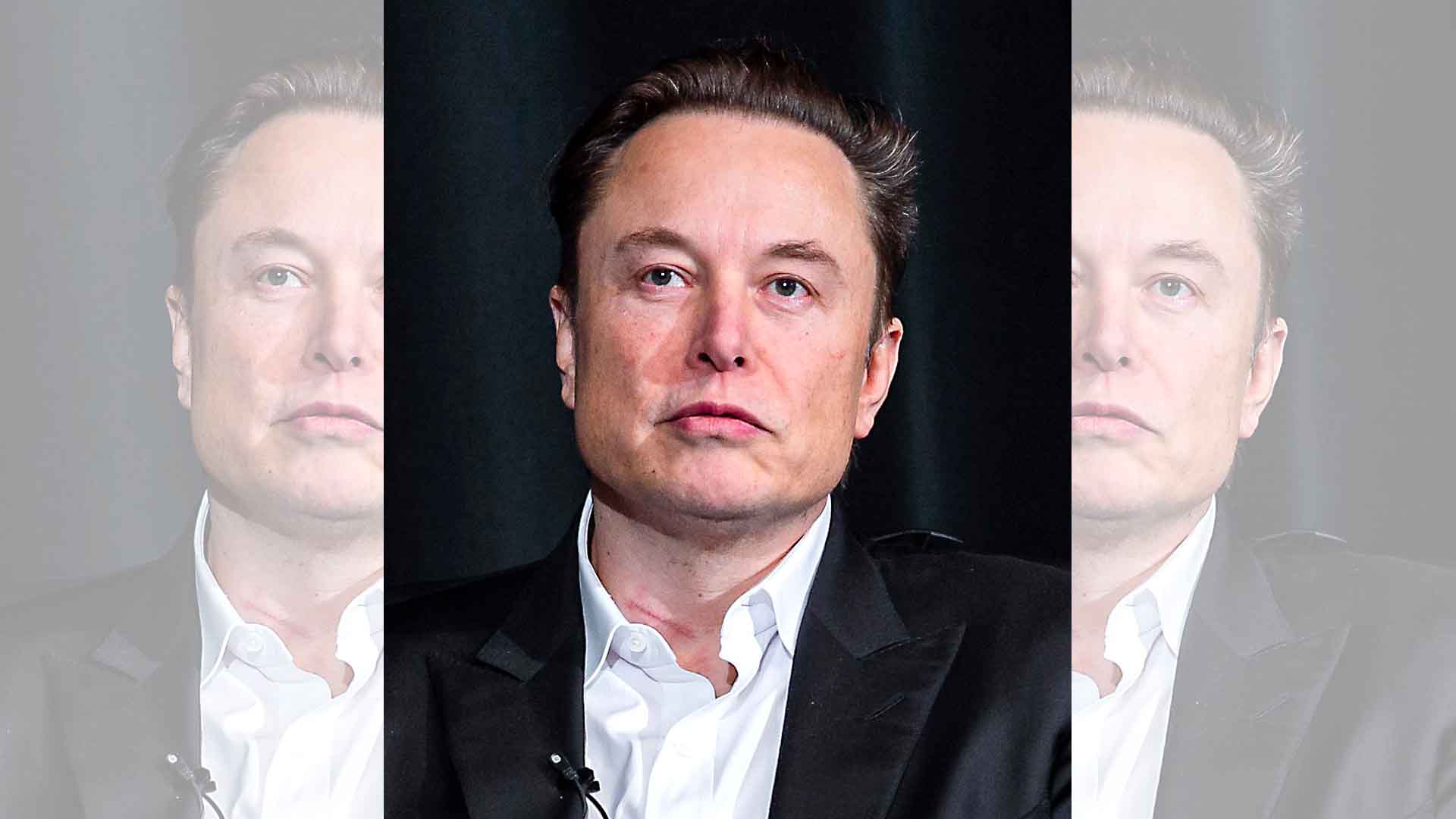
Elon Musk’s stance on “wokeness” and humor reveals his perspective on the current state of comedy. By asserting that true humor stems from “revealed truth,” Musk challenges the idea that comedy must conform to certain political or cultural standards.
This perspective opens up a discussion on the balance between humor, freedom of expression, and sensitivity to diverse audiences in contemporary comedy—something that has been very on-trend since 2020.
The Role of Comedy in Social Commentary

Comedy has long been a vehicle for social commentary, and Oliver’s approach exemplifies this tradition. Through humor, comedians like Oliver dissect and critique societal and political issues, offering insights wrapped in satire.
This role of comedy is vital in fostering public discourse, encouraging viewers to consider different perspectives on current events and cultural trends.
The Elon Musk Brand
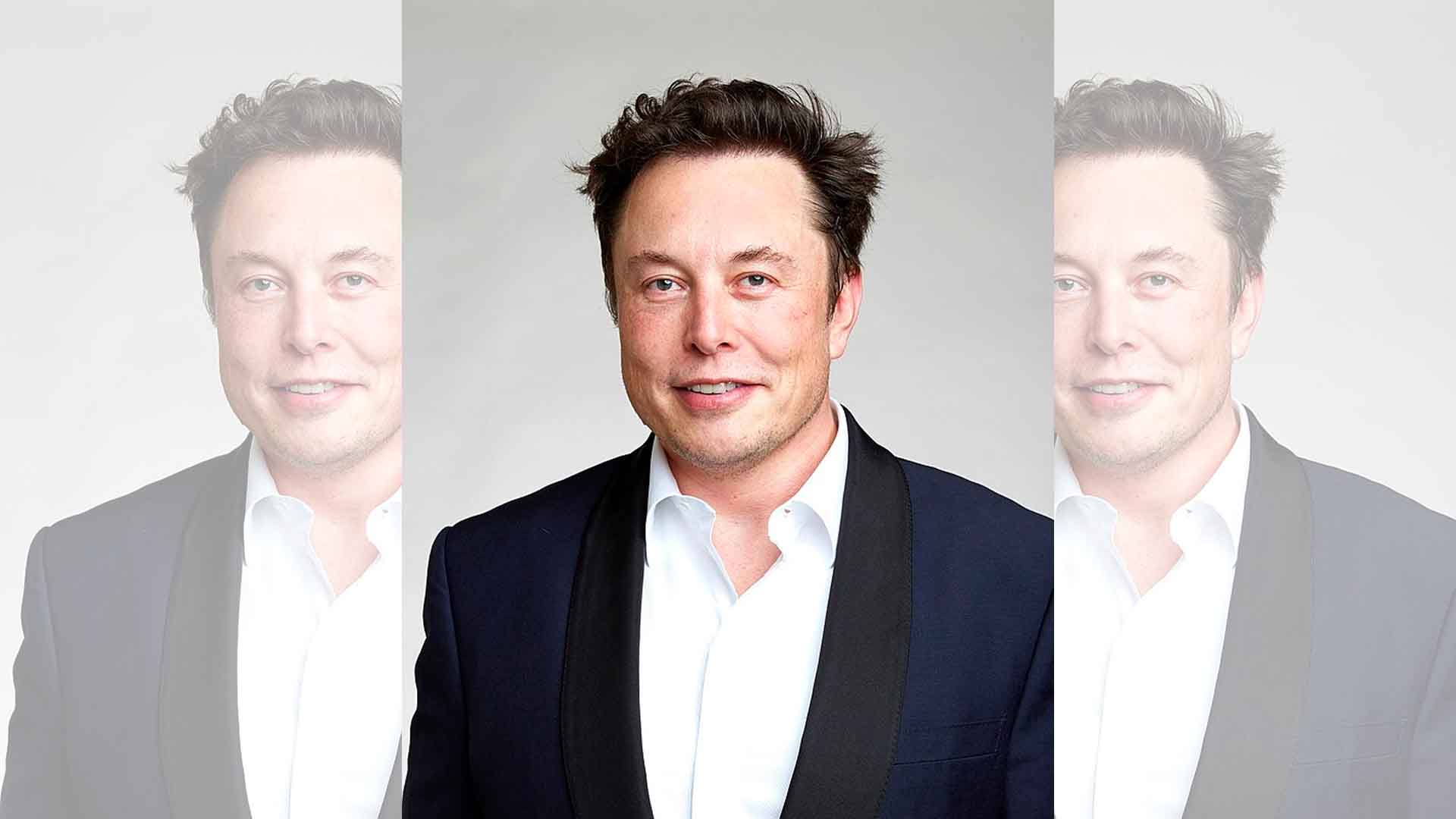
Elon Musk’s “brand” is a blend of his business achievements and his unique personality, marked by his candid and often controversial social media presence.
This brand persona influences public perception of both Musk and his business ventures, making each tweet or statement a potential headline. Understanding Musk’s brand is key to understanding the impact of his feud with Oliver on both his personal and professional life.
Oliver’s Approach to Satire
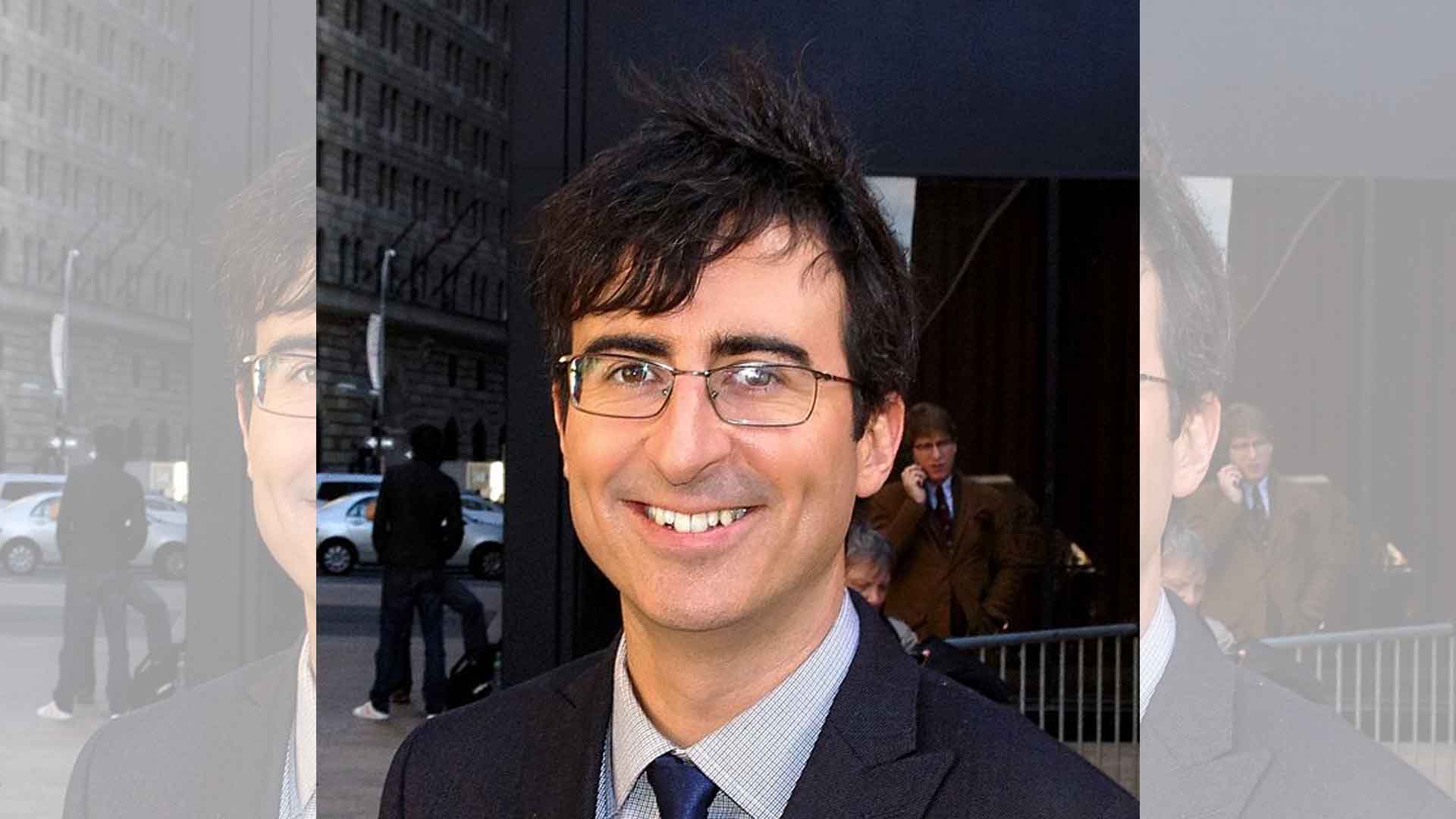
John Oliver’s satire is characterized by its depth of research, wit, and willingness to tackle complex issues. His approach goes beyond mere comedy, serving as a form of journalistic storytelling that informs as much as it entertains.
This method has earned Oliver both acclaim and criticism, illustrating the power and responsibility that come with using humor as a tool for social commentary.
The Impact of Social Media on Celebrity Feuds
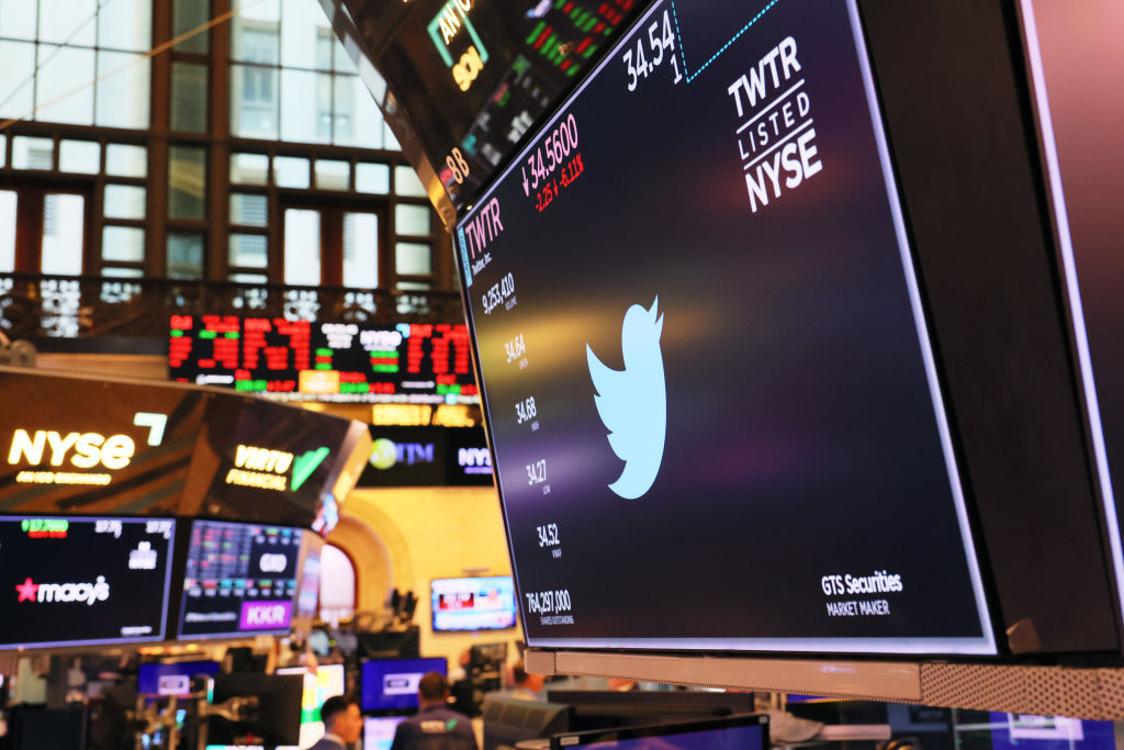
Social media has transformed celebrity feuds, giving them a public platform that amplifies every statement. In the case of Musk and Oliver, platforms like X have become stages for these high-profile exchanges, allowing real-time interactions that engage millions of followers.
This dynamic shows the role of social media in shaping public narratives and the way we consume celebrity news, continuing to evolve from traditional news media.
Musk’s Controversial Posts and Public Backlash
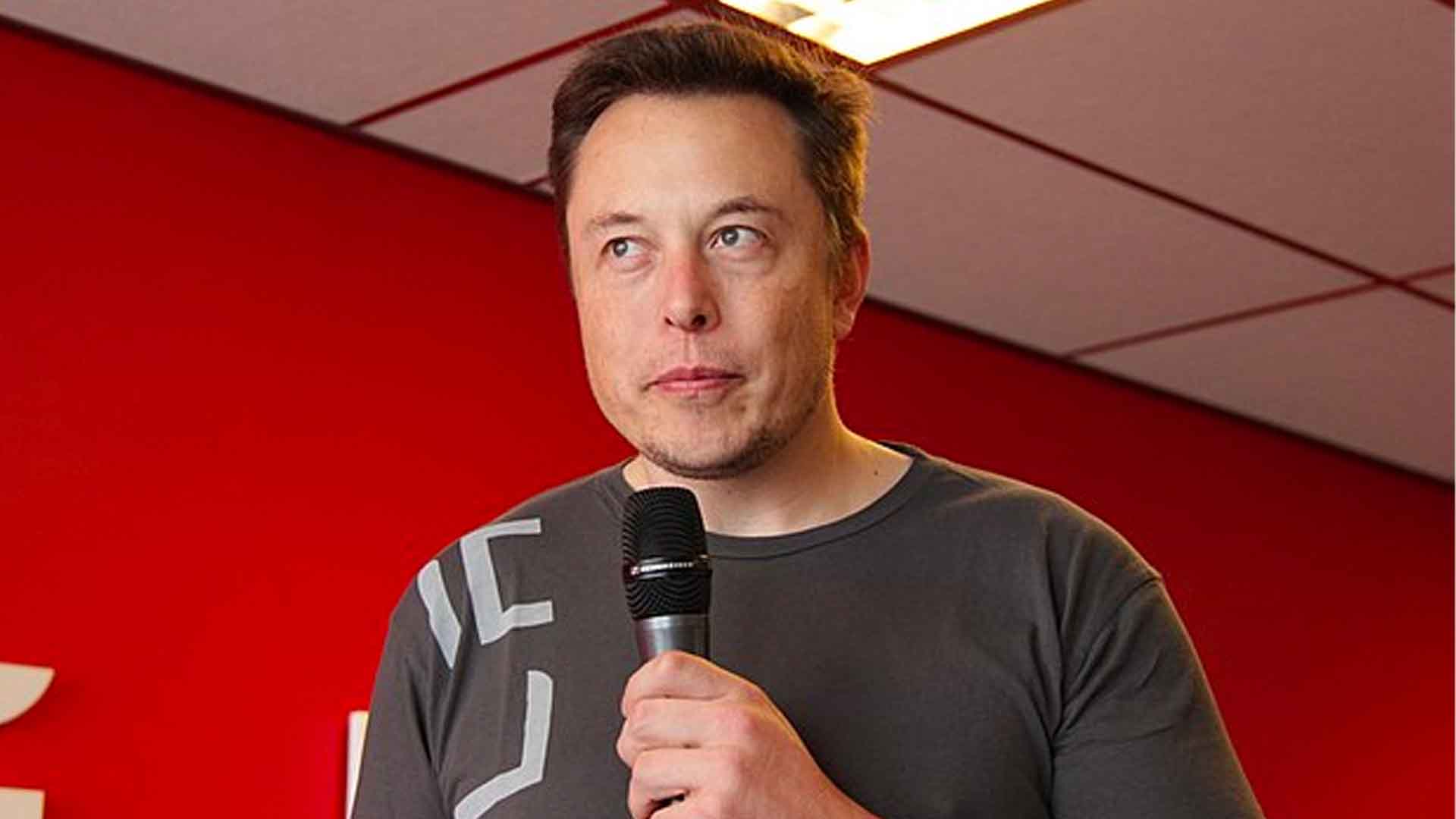
Musk’s controversial posts have often led to significant public and corporate backlash. His approach to social media, marked by a blend of personal musings and professional announcements, has frequently blurred the lines between his personal opinions and his role as a CEO.
These incidents highlight the complexities and consequences of a public figure’s online presence in today’s digitally interconnected world.
Comparison with Historical Figures
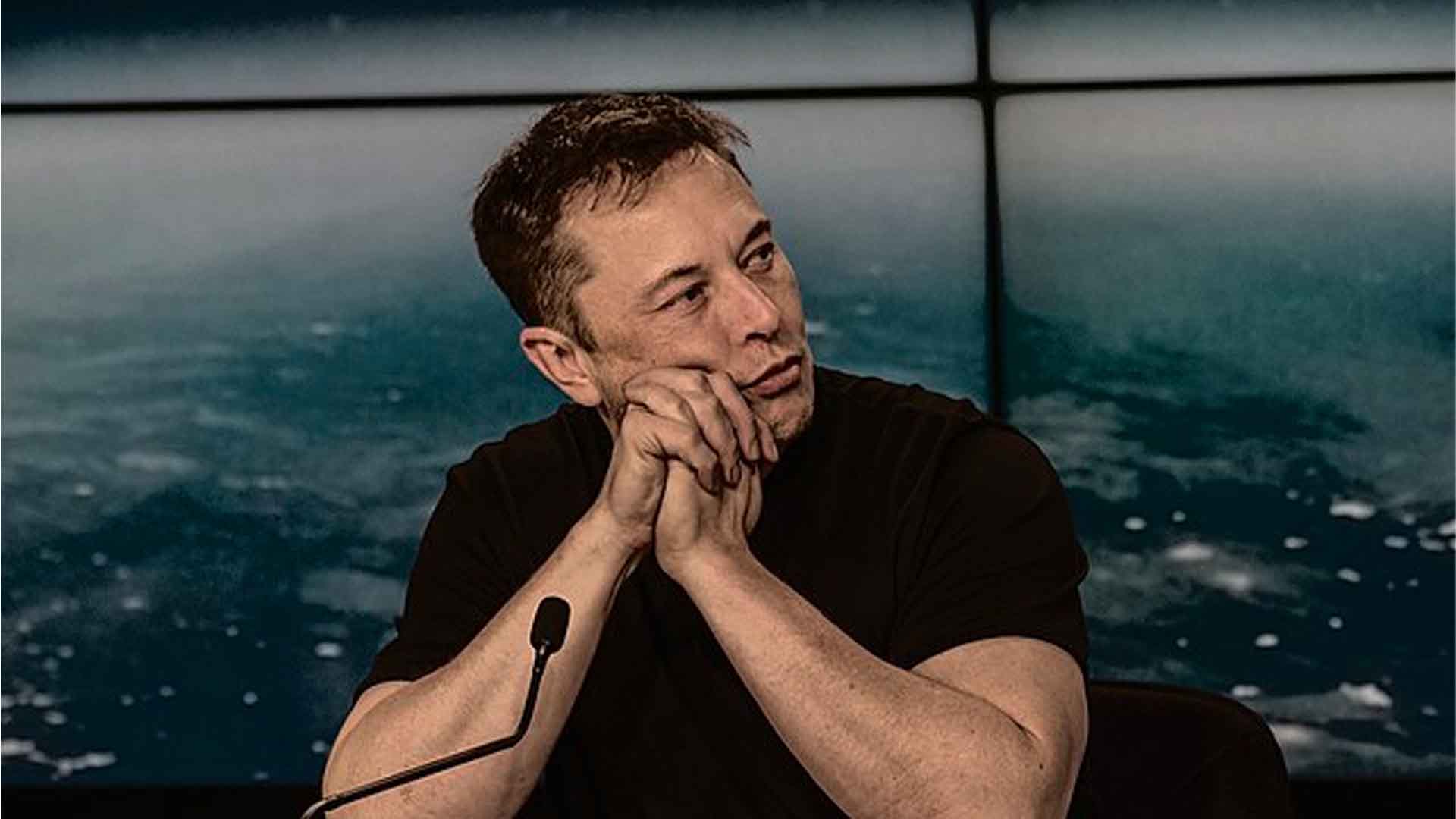
Oliver’s comparison of Musk with historical figures like Edison and Jobs is interesting. It not only highlights their significant influence but also delves into the intriguing aspect of Musk’s constant presence on social media.
This offers an unfiltered glimpse into his thoughts and opinions. The comparison sheds light on the evolving nature of public personas in the digital age, revolutionizing the way we perceive and engage with influential figures.
The Future of Musk and Oliver’s Public Image
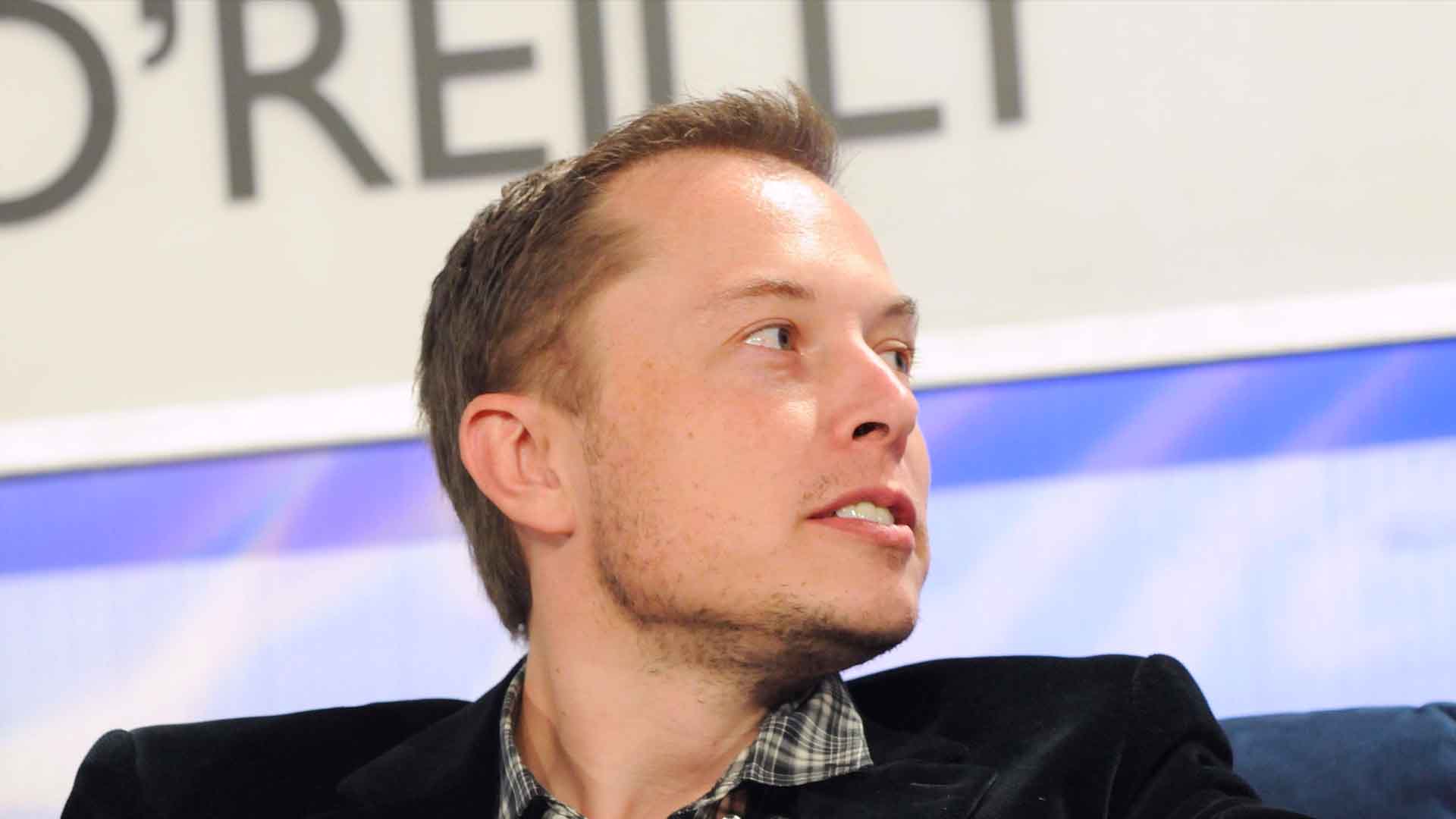
The ongoing feud between Musk and Oliver raises questions about the future implications for their public images. Will this feud impact their careers or public perception in the long term?
Only time will tell, but it’s certain that such public exchanges between influential figures will continue to captivate and shape public opinion, reflecting the changing landscape of celebrity, media, and politics.
